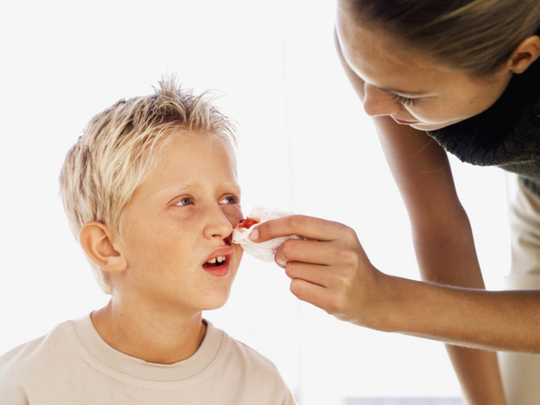Causes of Nosebleeds
Several factors can lead to nosebleeds, including:
- Trauma, including self-inflicted injuries like nose picking (this is more common in children)
- Forceful nose blowing
- Minor injuries to the nose
- Dry nasal passages that crack open
- Infections, such as rhinosinusitis
- Dry air, whether in hot summers or cold winters
- Medications that thin the blood, like anticoagulants (e.g., warfarin, aspirin)
- Allergic or non-allergic rhinitis
- Hypertension (high blood pressure)
- Excessive alcohol consumption
- Hormonal changes during pregnancy
- In rare cases, tumors or inherited bleeding disorders

